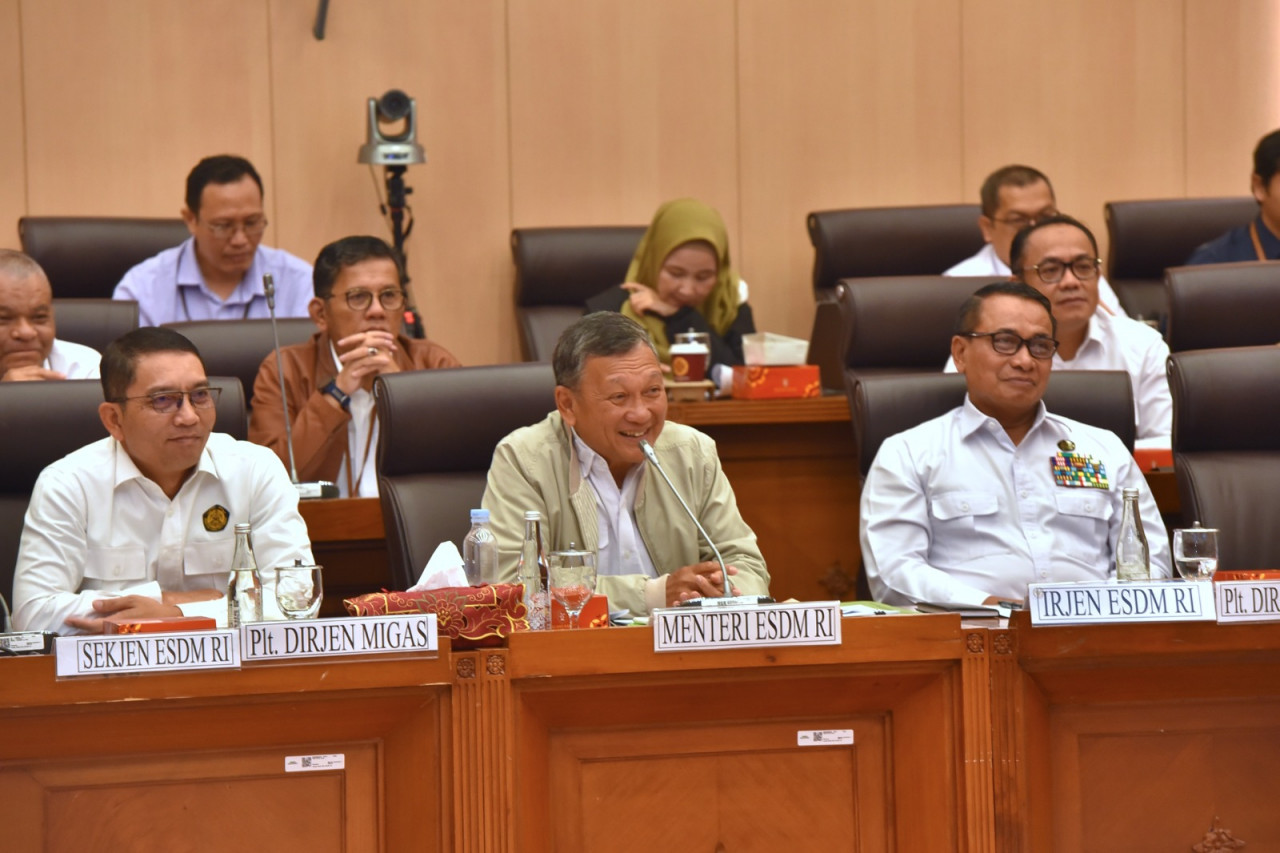On February 3, 2025, the Indonesian House of Representatives (DPR RI) approved the draft of the National Energy Policy (RPP KEN), aligning it with President Prabowo Subianto's target of achieving an 8% economic growth rate by 2029. This strategic move aims to ensure that the nation's energy infrastructure supports the anticipated economic expansion.
Alignment with Economic Growth Targets
The RPP KEN has been meticulously crafted to synchronize with the projected 8% economic growth. Minister of Energy and Mineral Resources, Bahlil Lahadalia, emphasized that the policy ensures the per capita electricity consumption aligns with this growth target. This alignment is crucial for meeting the increased energy demands associated with a growing economy.
Integration with Renewable Energy Goals
A significant aspect of the RPP KEN is its focus on renewable energy. The policy sets a target for the use of New and Renewable Energy and Energy Conservation (EBTKE) to constitute at least 60-70% of the energy mix between 2025 and 2040. This initiative is part of Indonesia's commitment to achieving net-zero emissions by 2060, reflecting a strong dedication to sustainable energy practices.
Strategic Energy Infrastructure Development
To support the ambitious energy targets, the RPP KEN outlines plans for substantial infrastructure development. This includes the construction of 71 gigawatts of new power capacity over the next decade, with 60% of these projects to be developed by the private sector. Additionally, the government plans to build 48,000 circuit kilometers of transmission lines to facilitate the distribution of renewable energy.
Conclusion
The approval of the RPP KEN marks a pivotal step in Indonesia's energy strategy, aligning national energy policies with the ambitious economic growth targets and a strong commitment to renewable energy. This comprehensive approach is expected to drive sustainable development and position Indonesia as a leader in green energy initiatives.
Read More






 Monday, 02-02-26
Monday, 02-02-26







